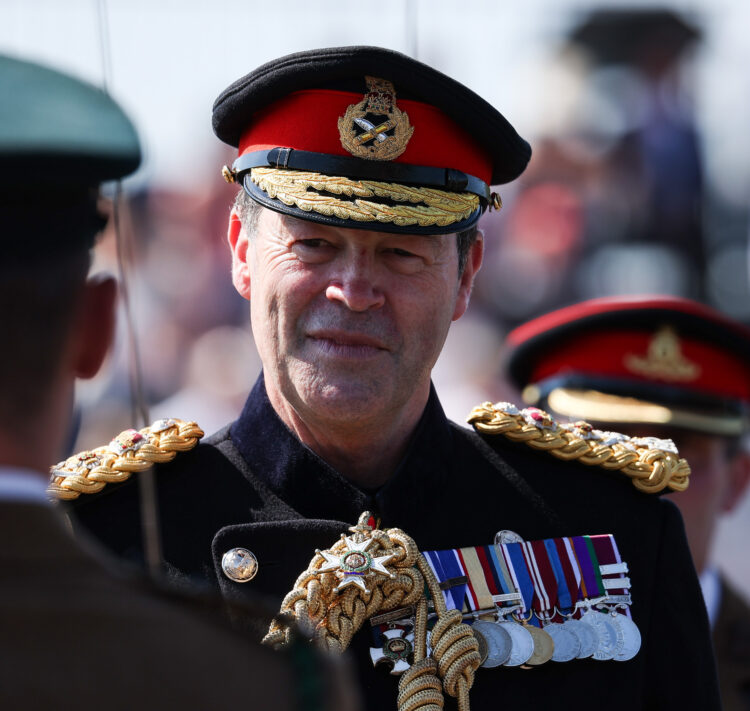By Ben Kerrigan-
General Sir Patrick Sanders, the outgoing Chief of the General Staff (CGS) of the British Army, has urged for the training and equipping of ordinary citizens to fight in the event of a war with Russia.
The remarks come amidst growing concerns about global security and the increasing assertiveness of authoritarian states.
Sir Patrick emphasized that preparing for a potential conflict with Russia would require a “whole-of-nation undertaking,” calling for an urgent expansion of the army to approximately 120,000, up from the current 74,000. Notably, he stressed that increasing troop numbers alone would not be sufficient, underscoring the need to establish a “citizen army.”
The call to arms was echoed by Defense Secretary Grant Shapps, who recently remarked that the world is transitioning from a “post-war to pre-war” era.
He emphasized the importance of ensuring the entire defense ecosystem is ready to protect the UK in the face of potential threats.
Despite these warnings, Downing Street has ruled out the possibility of a conscription model, affirming that army service would remain voluntary.
Sir Patrick’s proposal aligns with actions taken by several European nations, particularly those in eastern and northern Europe, who are already preparing for national mobilization in response to the perceived Russian threat.
Sir Patrick highlighted the urgency of the situation, citing the ongoing conflict in Ukraine as a brutal illustration that “regular armies start wars; citizen armies win them.”
The outgoing CGS has been a vocal critic of cuts to troop numbers and military spending, and his successor, General Sir Roly Walker, is set to take over in June. This announcement follows reports that Sir Patrick may be leaving due to his outspoken comments.
Former defence minister Tobias Ellwood, who served alongside Sir Patrick, expressed agreement with the military chief’s concerns. Ellwood warned that the West, after decades of post-Cold War peace, is facing a 1939-like situation with authoritarian states rearming and a growing reluctance to address these challenges.
Ellwood further highlighted the overstretched state of the army, citing issues related to pay and accommodation. He argued that the armed forces are only half the size they should be, and the Royal Air Force (RAF) lacks the necessary equipment.
Similar concerns about the shrinking size of the army have been raised by former military chief General Lord Dannatt, who drew parallels with the 1930s and expressed a serious danger of history repeating itself.
Despite assurances from Grant Shapps that the size of the army will not dip below 73,000 under the Conservative government, there are calls for an increase in defense spending, with some advocating for it to rise to 3% of GDP.
The current government target is 2.5%, but Shapps acknowledged that the country has not yet reached that threshold.




